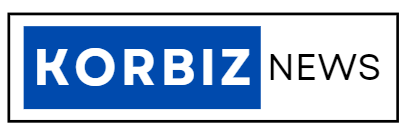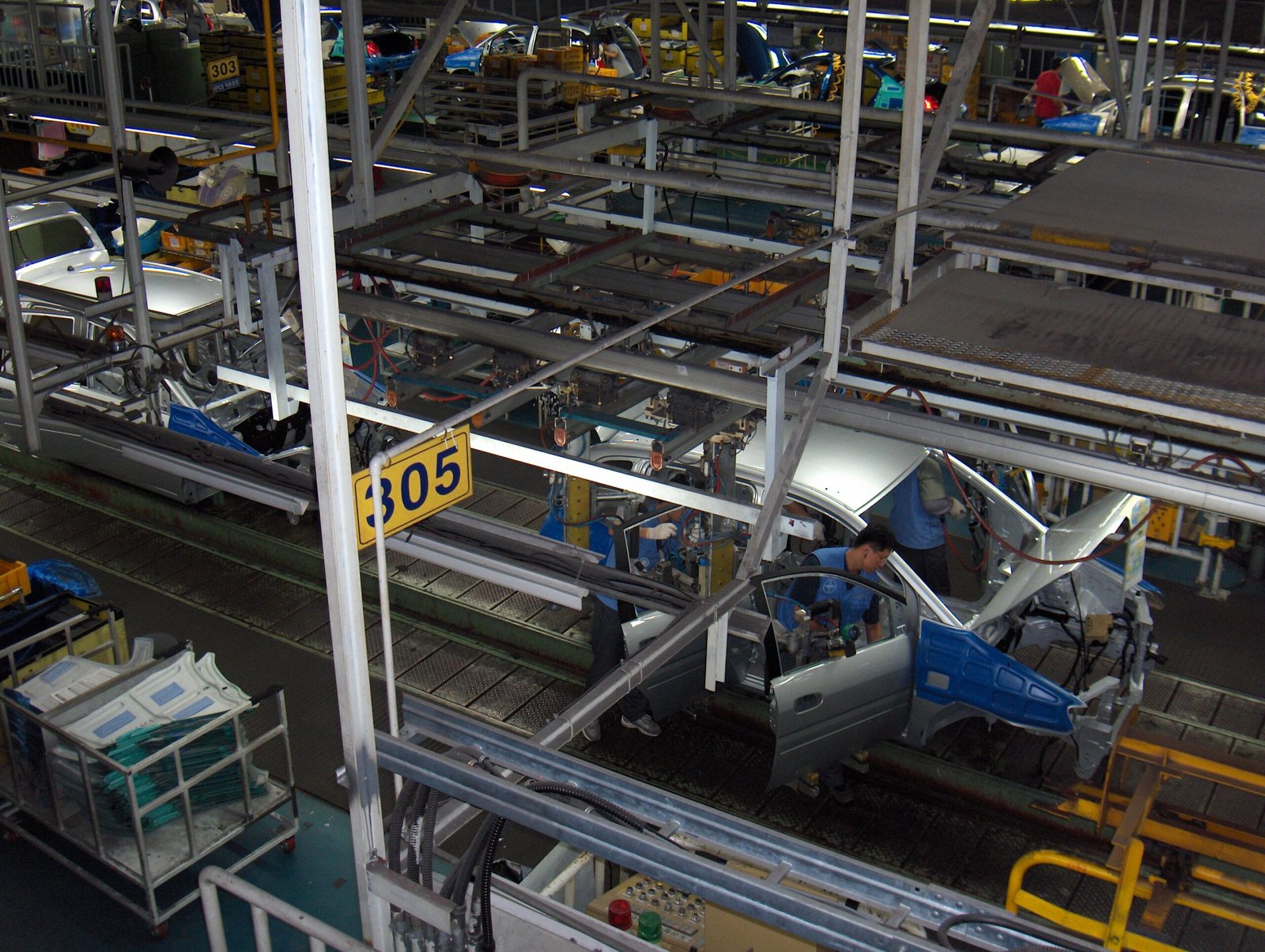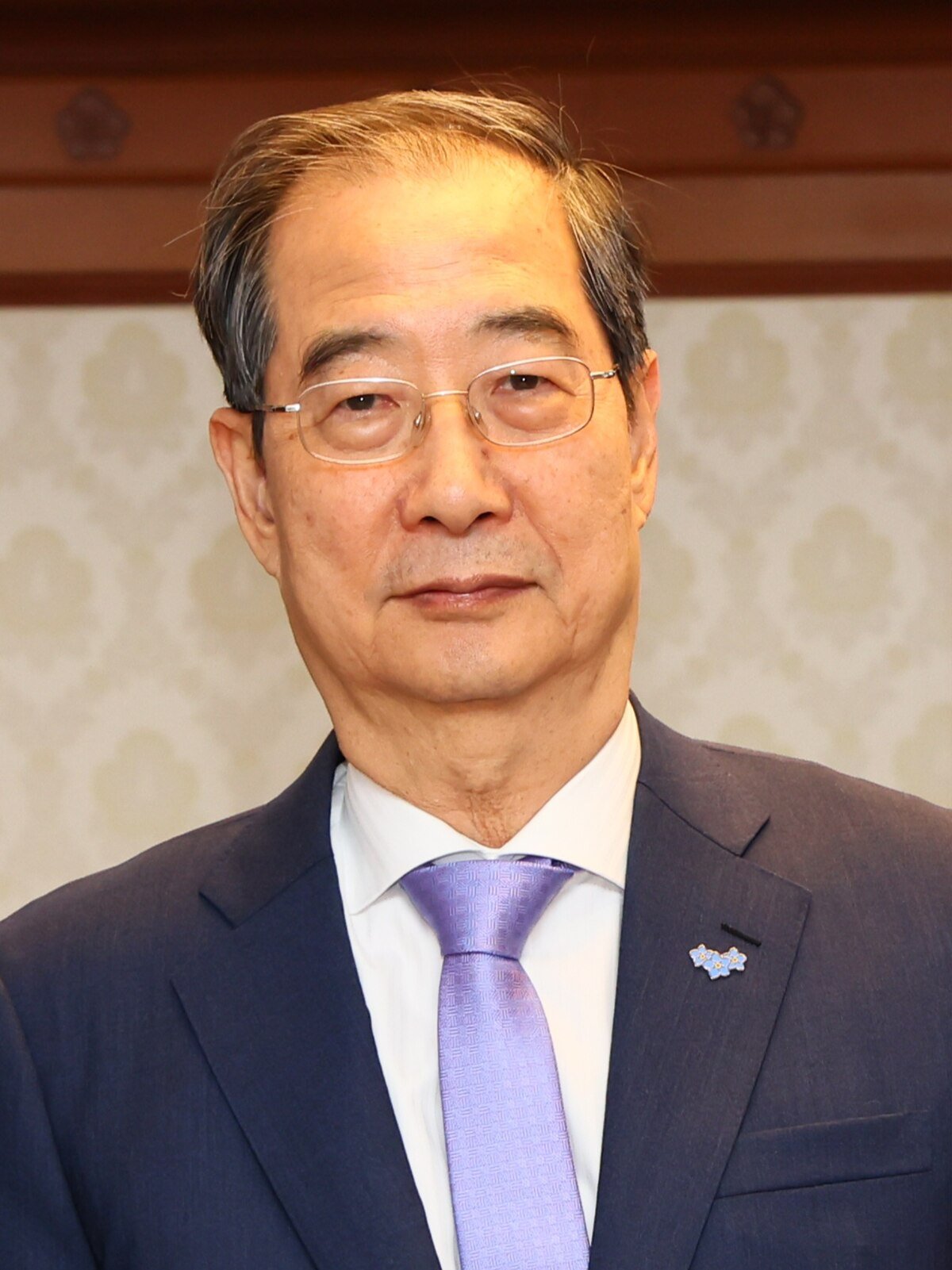
South Korea plans to form a public-private consultative group to address the rising costs of food delivery fees this month to help lift the burden on restaurant owners, the government announced Wednesday. The plan is part of pangovernmental measures to support small business owners.
Government officials, delivery platform operators and experts in the food service industry are to join the self-regulatory consultative group to be launched this month. The group will announce ways to bring down the commission paid to food delivery platform operators within this year.
The government further warned the antitrust regulator Fair Trade Commission will take action in case platform operators are caught employing unfair practices, such as passing on expenses to listed restaurant owners.
The measure comes as food delivery platforms here have been launching free delivery services amid intensifying market competition. There are concerns the platform operators may attempt to offset the costs by raising commissions on restaurant owners.
The government will also push to partly cover the cost of delivery fees for business owners who are going through financial difficulties. Further details are to be included in the governmental budget for next year.
Meanwhile, the Korean government will put in a total of 25 trillion won ($18 billion) to help small business owners pressured by low consumption amid the reign of high interest rates.
Of the 25 trillion won, some 14 trillion won will be to extend loans and bring down interest rates for business owners. The government expects some 820,000 individuals to benefit from the measures.
Another 10 trillion won will be used to help small business owners find new jobs and settle their debts, while 1 trillion won is to be allocated to cover electricity bills and cut down on rents.
Other measures in the package include helping small business owners list their products on foreign shopping platforms to boost their global competitiveness. The government will cover the costs of consulting and translation. Some 1,100 businesses, spanning the food, cosmetics and fashion sectors, are to benefit from the measure, the government explained.
The government will also newly launch a program to help small business owners expand their business by giving subsidies when the businesses reach a certain milestone in their sale size.
“While macroeconomic gauges have shown improvement, the effects have not yet led to people’s livelihoods,” President Yoon Suk Yeol said at a meeting Wednesday.
“Instead of doling out monetary subsidies, we will pursue structured and tailored support measures for small business owners who are in desperate need.”






